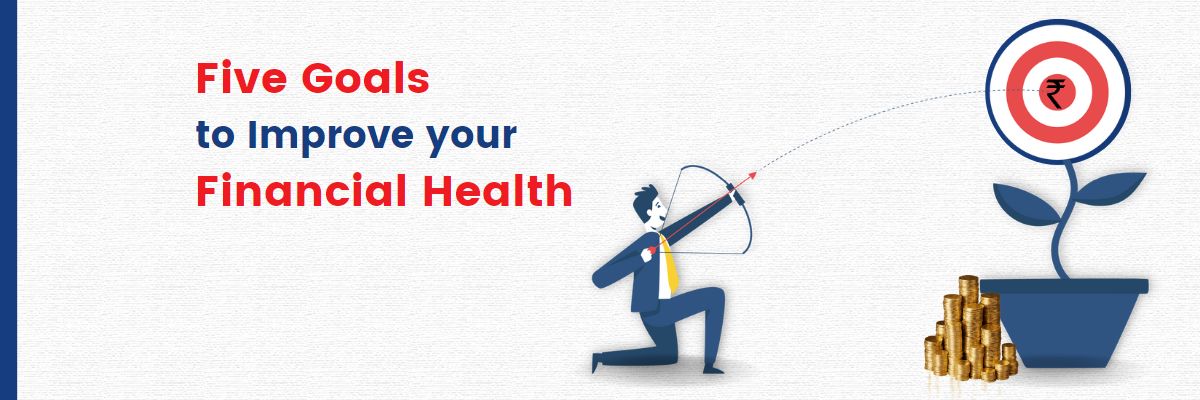Investing is a great way to not only save money for the future but let your money work for you. Starting to invest at an early age can be very advantageous, but can also be a difficult choice to make.
Why You Should Invest Early?
Here are some of the reasons why investing early is important.
→ You can take full advantage of the power of compounding
Compound interest is a blessing for investors and the longer you keep your money invested, the more you can get out of it due to compounding.
Compounding essentially adds interest to your interest. While this doesn’t mean much for short-term investment options, this is a huge deal for long-term investments. Over long periods, your money can grow much more than it can with a simple interest scheme. Investing early can let you take full advantage of the power of compounding.
→ You can start small
If your goal is to get high returns before you turn 30, then investing at an early age can help you accomplish that with a much smaller amount than would be necessary if you started late. The magic of compounding will help your smaller investment sum grow larger within a longer span.
→ You have more time to recover losses
It is often observed that younger investors are more prone to taking risks when investing. Regardless of the outcome, investing earlier will give you enough time to make up for any losses that you suffer by the time you’re old enough to need that money. As you grow older, your financial responsibilities are likely to increase, making you less prone to investing in riskier options. This is probably one of the biggest advantages of investing early.
→ You can improve your spending habits.
An important investment tip often given to young investors is to think about spending after saving your money. Once you’ve budgeted your monthly expenditure, spend most of what remains of your salary and set aside a little for extra spending. The best way to do this is by keeping tabs on your expenditure. Make a simple spreadsheet where you can track your budget, your savings, and your spending. You can easily see where you can save up once you have it in front of you. This can greatly improve how you go about spending your money.
→ You will be better prepared for risks
Saving money for the long term gives you better financial stability for the future. There is no saying what the future holds. Investing gives you an option for setting aside money for the future, and investing early will help you grow this money more.
→ You can start diversifying at an early age
Investing in the share market at an early age will give you ample time to have a diverse portfolio and can help you protect against losses. Some of the best companies for beginners to invest in right now are Reliance Industries, Tata Consultancy Services, HDFC Bank, and Infosys.
How to Invest Money When You’re Young?
If you’re in your early 20s, you’re probably wondering what options you may have to start investing and saving up. Some of the best investment options for when you’re young are:
- PPF or Public Provident Fund – This is a long-term investment plan with a lock-in period of 15 years. Investing in this in your early 20s will yield some high returns by the time you’re in your mid to late thirties.
- Recurring Deposits – Recurring deposits are safe, short-term deposits that offer higher interest rates than a standard savings account. This can be a good option for keeping cash at hand but not directly in a savings account.
- Systematic Investment Plans or SIPs – This is the perfect investment option when you’re starting as it allows you to invest in high-yield mutual funds without having to invest a lumpsum of money.
Mutual Funds For Beginners
Mutual funds are a tricky subject to get into. Not only is there no guarantee of good returns, but there can often be high risks involved. However, for a young investor with time to recuperate losses, mutual funds can be good if you have the patience to play the long game.
It is usually advised to read up on the matter. There are several books for investing for beginners that you could try.
Books like “Let’s Talk about Money” by Monika Halan and “Diamonds in the Dust” by Saurabh Mukherjee, Rakshit Ranjan, and Salil Desai can give you some good insights and advice about the market and what it’s like to be a regular investor.
Start your investment journey with us by opening a Trading cum Demat Account with us.
Stay connected! Stay invested!








